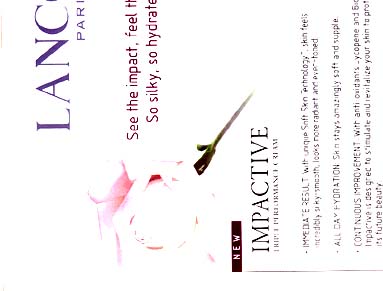
|
Archive
02/12/01 - CURRENT |


|
The Queen is Dead, My Lord In Shakespeare's "Scottish Play", the doomed protagonist, hearing of his wife's death, awaits his own fate, waxing grimly philosophical on a life, bereft through his earlier action, of all meaning. Macbeth has committed the capital crime of his culture: regicide, his treachery as "thane" pushing him beyond the bounds of social convention into a new and chilling existential awareness. His bleak soliloquy describes the terrifying tragic recognition of a solitary human condition engendered through the willful annihilation of his culture's most meaningful social relations: The Queen, my lord, is dead. She should have died hereafter;
She'd have done time hereafter;
Bill Juby is the father to a notion off the coast.
|

|
TODAY |
|
RED HOT SONJA |
|
THE QUEEN IS DEAD |
|
UNSOLICITED BLURBS FOR PREVIOUS
WINNERS OF THE BOOKER PRIZE |
|
THE NIGHTMARE LOVER |
|
BOLLOCKS TWICE |
|
SINK |
|
WEIGHT |
|
#2GONZALES |
|
THE VAMPIRE SLAYER |
|
MORNING MYTHS |
|
BAD MEN WHO LOVE JESUS |
|
THE SWEETNESS OF LIFE |
|
DAY 22: |
|
Contact PHONE: |